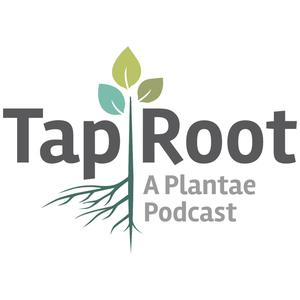🚀 From Google Podcasts to Moon FM in No Time: Your Hassle-Free Migration Guide
👉

The Taproot is the podcast that digs beneath the surface to understand how scientific publications are created. In each episode, we take a paper from the plant biology literature and talk about the story behind the science with one of the authors.
Your feedback is valuable to us. Should you encounter any bugs, glitches, lack of functionality or other problems, please email us on [email protected] or join Moon.FM Telegram Group where you can talk directly to the dev team who are happy to answer any queries.